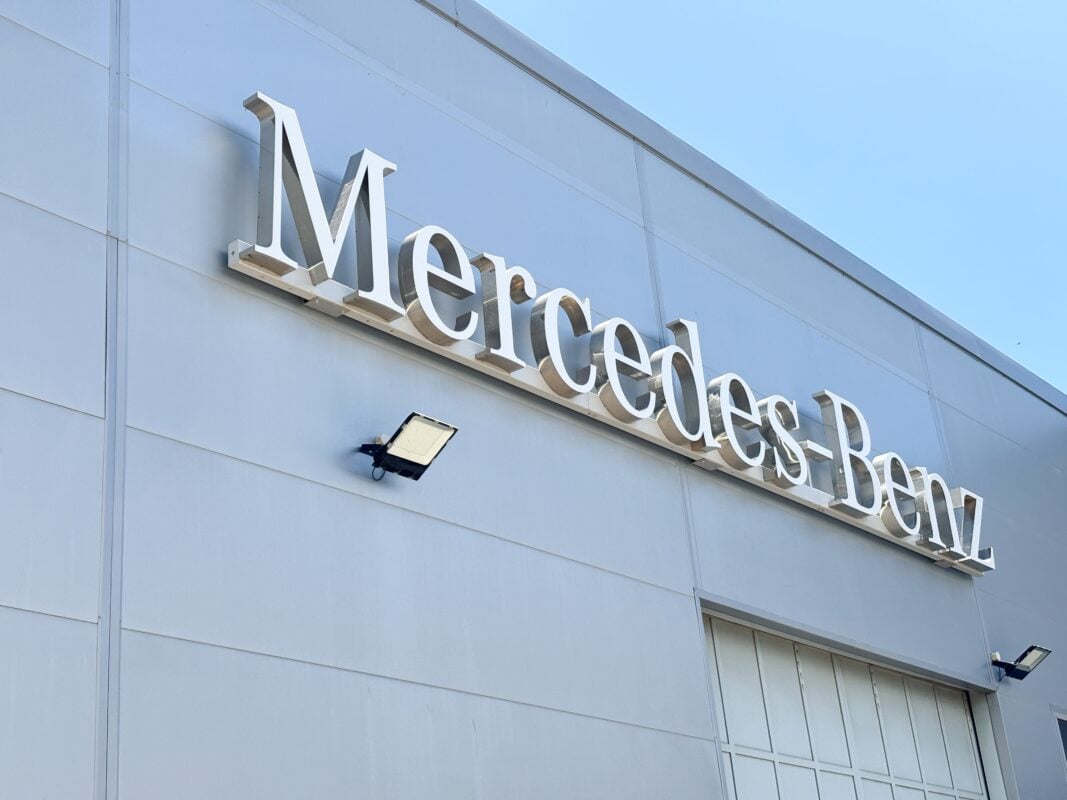TLDRs;
- Mercedes-Benz signs $10.7B deal with LG Energy Solution to secure 107 GWh of EV batteries for Europe and U.S.
- Safety concerns after a battery fire incident pushed Mercedes to prioritize reliability and technology over cheaper Chinese suppliers.
- Korean battery makers like LGES are winning premium contracts, competing on safety and innovation rather than cost against Chinese rivals.
- LGES to expand production in Arizona by 2026, supporting Western automakers’ supply chain diversification and regulatory compliance.
LG Energy Solution (LGES), South Korea’s leading electric vehicle (EV) battery manufacturer, has signed a landmark long-term supply agreement worth $10.7 billion with Mercedes-Benz.
The deal underscores the automaker’s increasing focus on safety, reliability, and technological innovation as it accelerates its global transition to electric mobility.
Mercedes-Benz Chooses Korean Partner for EV Push
Under the agreement, LGES will supply 107 gigawatt-hours (GWh) of batteries to Mercedes-Benz for deployment in Europe and the United States.
Deliveries for the European market will begin in August 2028 and run through December 2035, while supplies to Mercedes’ U.S. operations will start in July 2029 and continue until December 2037.
This deal follows another significant agreement in October 2024, when LGES committed to deliver 50.5 GWh of batteries for Mercedes’ North American and other global markets between 2028 and 2038. Together, these contracts cement LGES as a core supplier for Mercedes-Benz’s electrification roadmap.
Safety Incidents Drive Procurement Shifts
Mercedes-Benz’s decision to deepen ties with LGES comes against the backdrop of safety concerns with previous battery suppliers. The German automaker had previously sourced cheaper batteries from Chinese manufacturers like CATL and Farasis Energy. However, a fire involving a Mercedes EQE sedan equipped with Farasis batteries last year destroyed over 100 vehicles in an Incheon apartment garage.
The incident prompted Mercedes to re-evaluate its procurement strategy, prioritizing safety and reliability over cost savings. By partnering with LGES, known for advanced technology and stringent safety standards, Mercedes is aiming to safeguard both its vehicles and its reputation.
This is not without precedent as battery safety has long been a concern across the EV industry. LGES itself paid a $1.9 billion settlement to General Motors over defects that led to Chevrolet Bolt EV battery fires. The new agreement with Mercedes reflects lessons learned on both sides, reinforcing the importance of proven technology and trust in the EV supply chain.
Battery Makers Gain Ground
Despite Chinese dominance in the global EV battery market with CATL alone holding 37% market share, Korean manufacturers like LGES are carving out lucrative niches with premium automakers. LGES, with a 14.5% market share, has secured high-value contracts with Tesla, Toyota, and now Mercedes-Benz.
Rather than competing on price, Korean firms are emphasizing cutting-edge technology, safety standards, and strategic alignment with Western automakers facing regulatory and consumer scrutiny. LGES’s development of next-generation 46-series cylindrical batteries, which will power Mercedes’ future EV lineup, is a key differentiator.
Expansion Plans in the United States
As part of its global growth strategy, LGES plans to begin mass production of its next-generation cylindrical batteries at its new plant in Arizona by 2026.
This U.S. facility will help the company meet demand from automakers looking to localize supply chains and benefit from incentives under the U.S. Inflation Reduction Act.
The Arizona plant, along with its existing facilities in Korea, Poland, and China, positions LGES to scale up and deliver on large multi-year contracts like the Mercedes-Benz deal.







